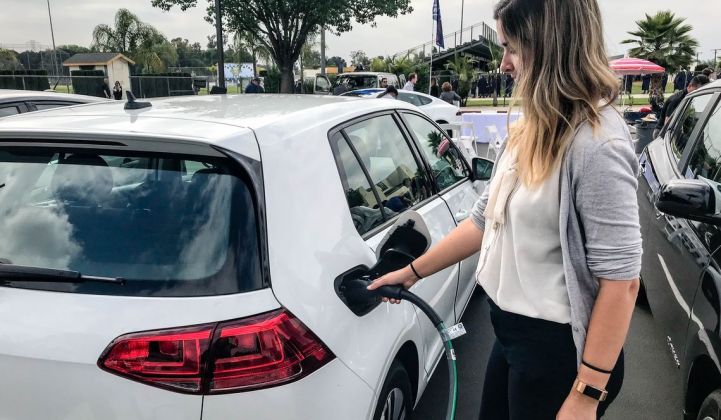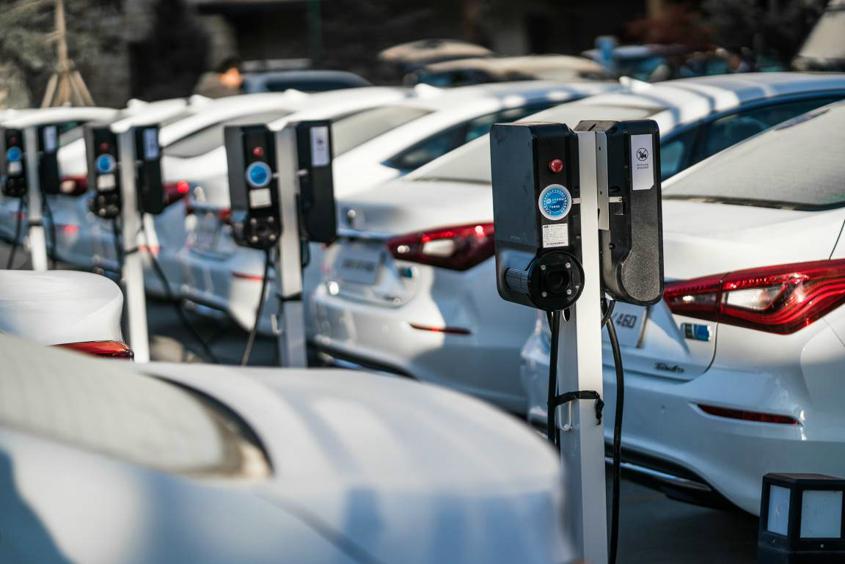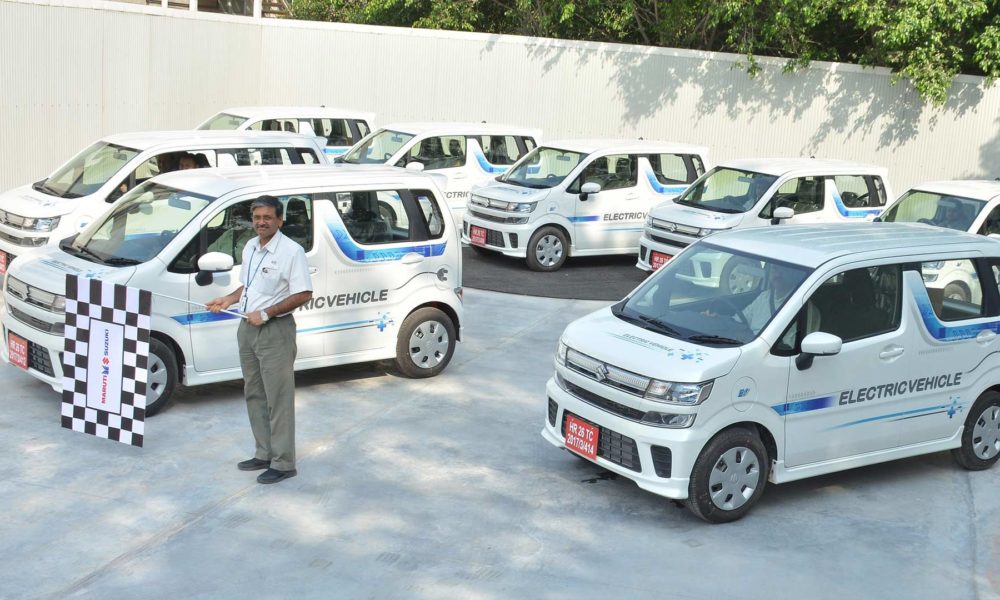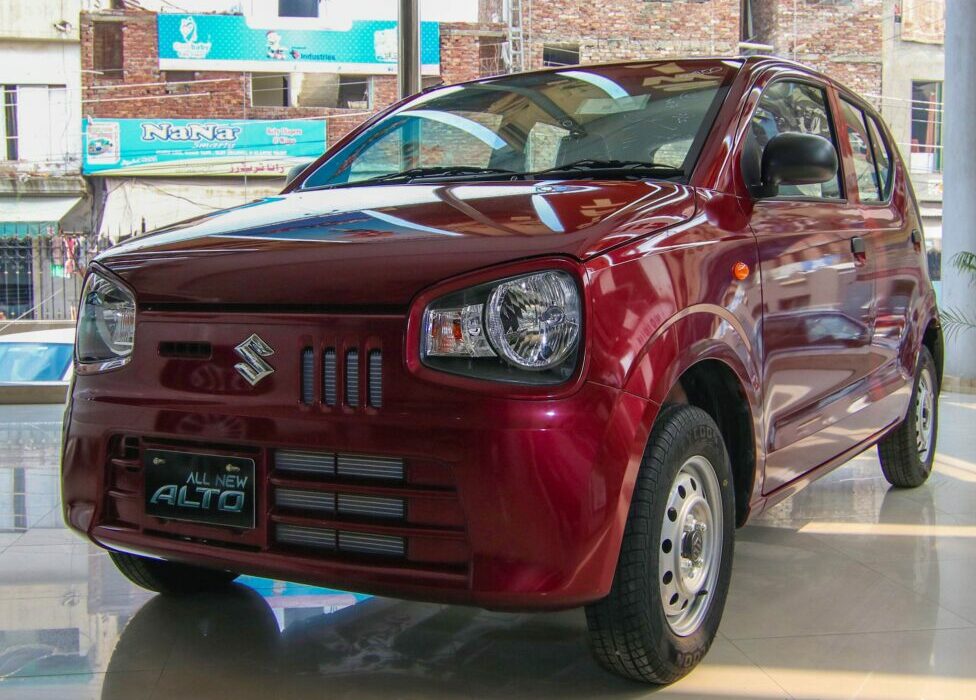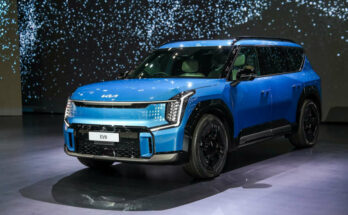Automakers around the world are rapidly making a shift towards electrification. It is said that in 10 years from now, electric vehicles (EVs) will achieve the same level of production as that of conventional cars with internal combustion engines today.
Related: Advantages of Electric Vehicles
EVs have many advantages– the primary one is lower dependency on conventional fuel, which results in reducing oil import. Secondly EVs produce zero emissions & hence are considered safer for the environment. To read more about the advantages of electric vehicles, click here.
In March, Prime Minister Imran Khan directed the Ministry of Climate Change to finalize an electric vehicle policy and present it before the federal cabinet for approval. The need for promotion of electric vehicles was felt to address issues stemming from climatic changes, to reduce carbon emissions, as well as to cut oil import bill.
Related: Local Automobile Industry Opposes Electric Vehicles (EVs)
However the local automobile industry opposed the proposed electric vehicle (EV) policy, expressing concerns that it is in contradiction of Auto-Industry Development Policy 2016-21. While from the consumers’ point of view its all quite exciting to experience something new & efficient, but there is a reason why local auto industry particularly those related to the manufacturing of auto parts are feeling insecure of introduction of EVs in Pakistan?
Lesser Parts
A typical car powered by an internal combustion engine has around 14,000 moving parts. In comparison, an electric vehicle has around 20 only. This means an EV doesn’t require those parts which conventional vehicles are heavily dependent on.
Related: Electric Cars Must Make Some Noise
Major components an electric vehicle requires are battery, motor and a controller module. An EV doesn’t need an engine which means no rings, pistons, valves, no crankshaft, no head, no gaskets etc. EV doesn’t need a transmission which means no gearbox whether manual or automatic, it doesn’t require a cooling system means no radiator, no water body, there is no need for an exhaust or its manifold, or muffler & tail pipe, there is no need for belts and hoses, no spark plugs & coils, and it doesn’t even need an air filter or oil filter as well as engine oil etc. The list goes on and on…
It is understandable if EVs are introduced in Pakistan, then business related to auto parts manufacturing is likely going to suffer at large.
The Shift Isn’t That Easy
However the shift isn’t that easy too. It’s not as if the policy will be formulated and you’ll see EVs running on our roads the other day. Electric vehicles require a massive infrastructure to be developed including charging stations and uninterrupted power supply.
Related: BYD to Introduce Electric Vehicles in Pakistan
Furthermore EVs although are cheaper to run, but at this stage are expensive to purchase. China which is currently the world’s largest electric vehicle market offers subsidies on purchase of EVs. Even the neighboring India intends to completely shift to EVs by 2025.
For faster adoption of electric vehicles, the Indian government in the latest fiscal budget plans to lower the GST on EVs from 12% to 5%. Moreover, INR 1.5 lac (PKR 3.45 lac) tax exemption will be given on loan taken for the purchase of an electric vehicle. Not only this, there will also be an “upfront incentive” on purchase of an EV.
Related: Maruti Ready to Launch Suzuki WagonR Electric in 2020
Keeping in view the current economic situation of the country where even ordinary smaller cars are getting out of the reach of masses, introducing expensive EVs and then giving subsidies will be very difficult for the government.
The EV Policy
As per recent reports, the Ministry of Climate Change is developing policy framework for conversion of conventional automobiles to electric technology. It aims at initiating conversion process from 2-wheelers (motorcycles) and 3-wheelers (rickshaws) then it would focus on the 4-wheel vehicles including cars and buses. The government is also planning to set up a Special Economic Zone (SEZ) in Kamra, dedicated to electric vehicle manufacturing with assistance of the Pakistan Air Force (PAF).
Related: EV Policy to be Aligned with Current Auto Policy 2016-21
On the other hand Prime Minister’s Adviser on Commerce Abdul Razak Dawood has said that EV policy would be formulated in consultation with all the stakeholders and it would be aligned with the current Auto Policy 2016-21.

A computer animation professional with over 23 years of industry experience having served in leading organizations, TV channels & production facilities in Pakistan. An avid car enthusiast and petrolhead with an affection to deliver quality content to help shape opinions. Formerly written for PakWheels as well as major publications including Dawn. Founder of CarSpiritPK.com

